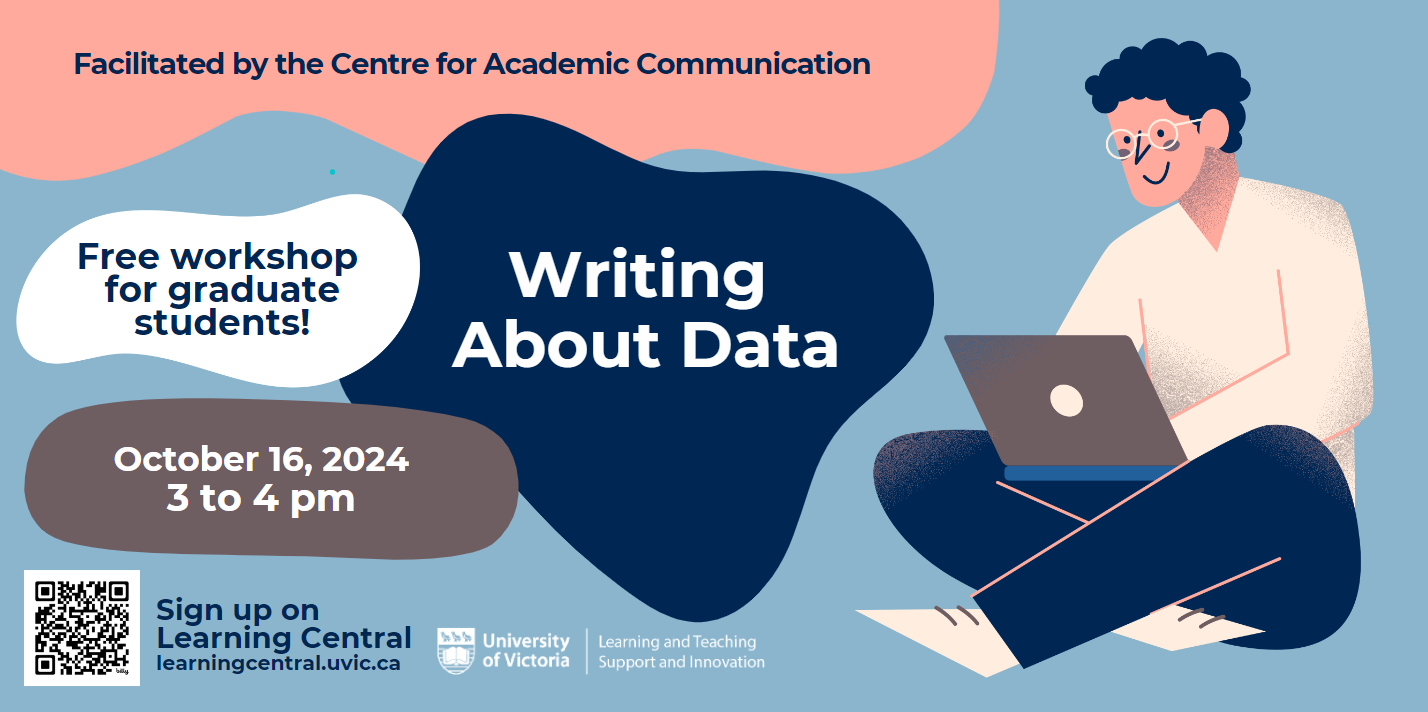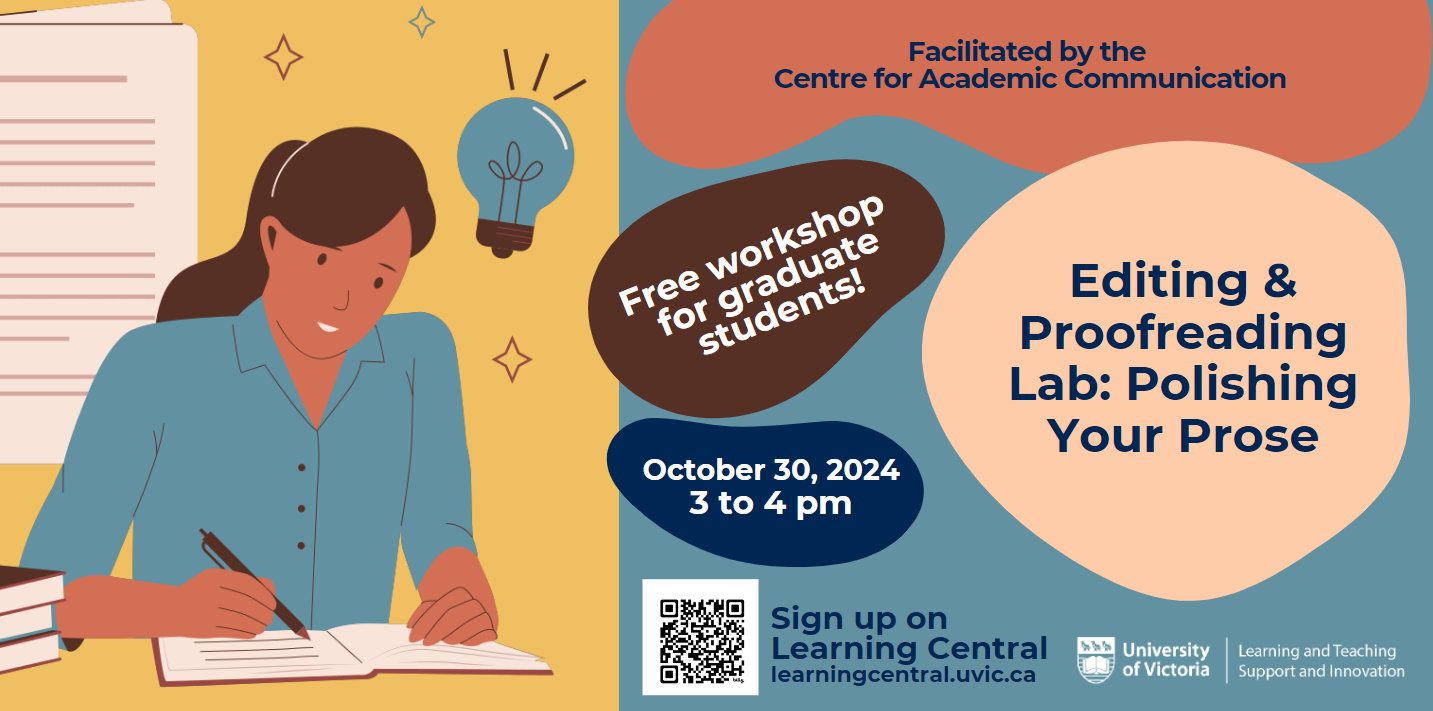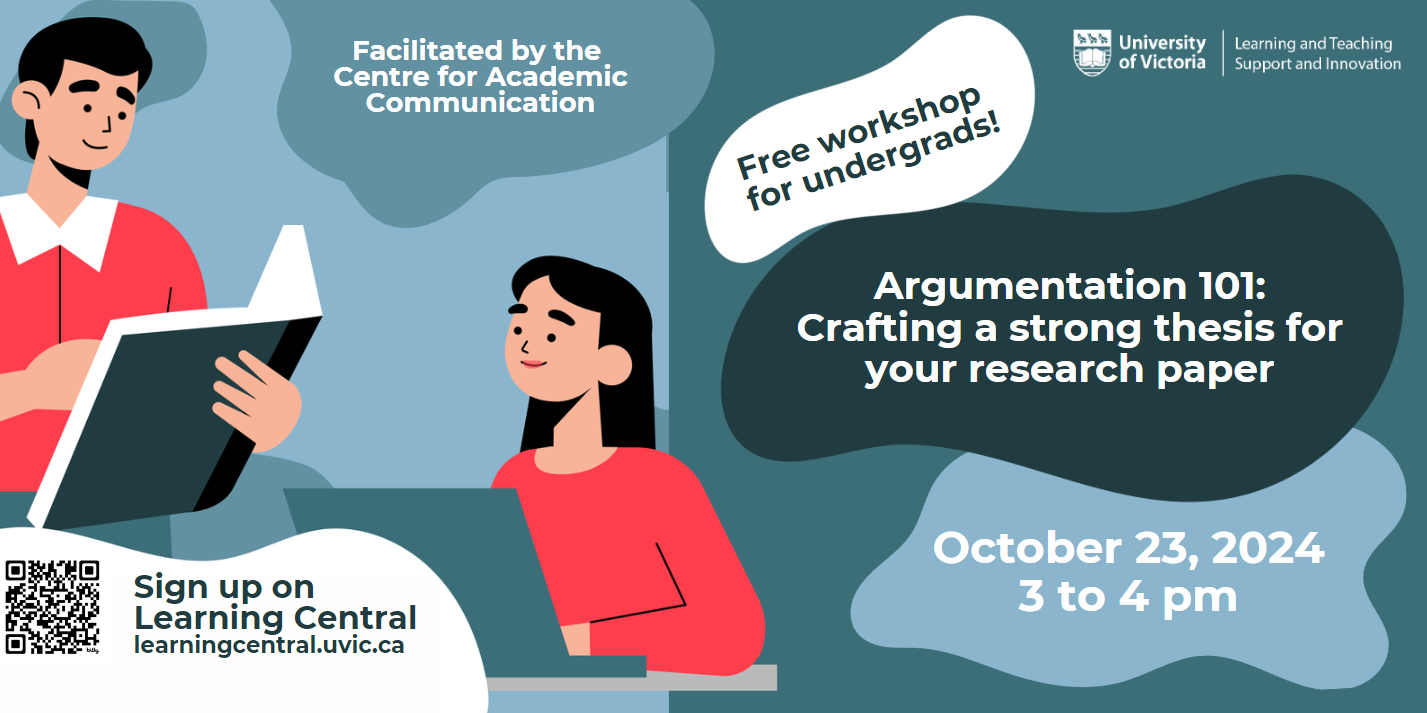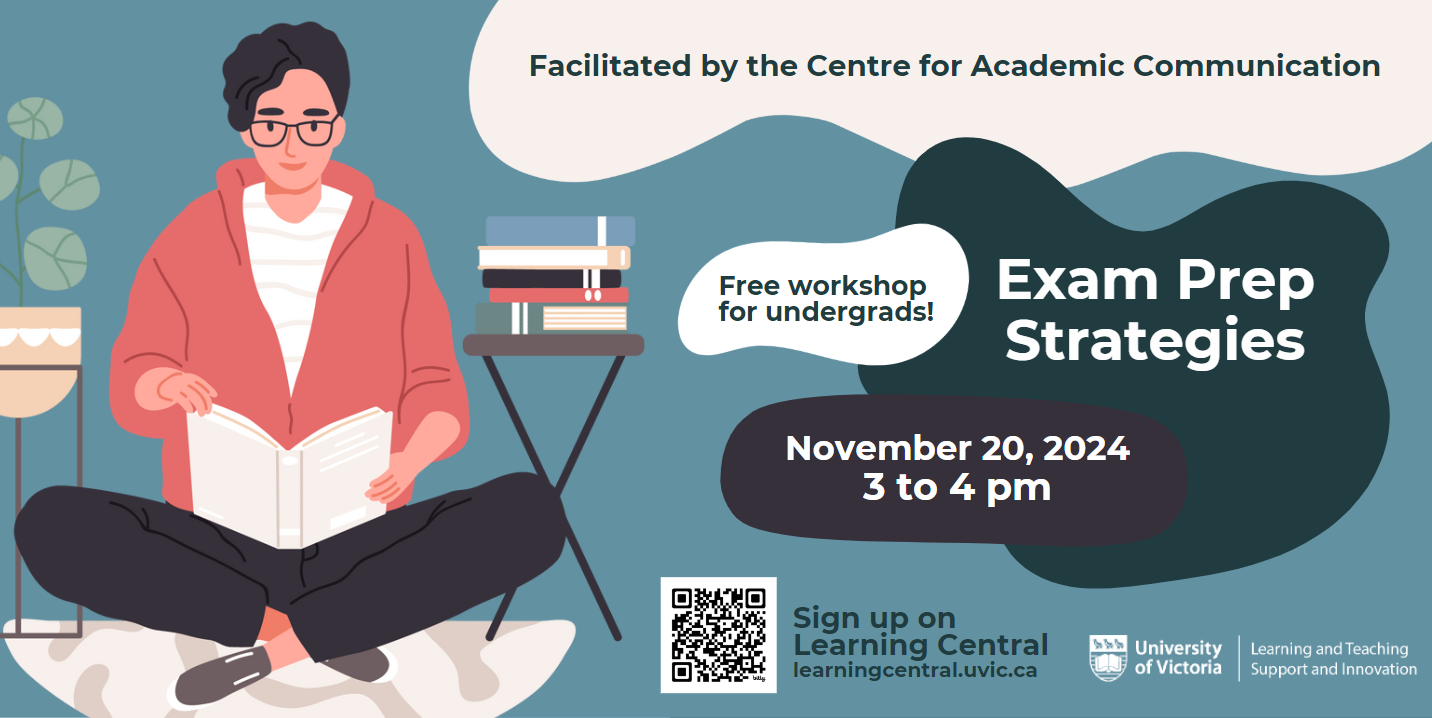Learner Empowerment and Academic Resource Network (UVic Learn)
Find articles, tip sheets, and video tutorials to develop the learning skills you need for academic success at all stages of your journey at the University of Victoria (UVic).
UVic Learn is part of the Division of Learning and Teaching Support and Innovation (LTSI).
Integrity in Practice
Take our new self-paced online courseGet a basic understanding of academic integrity, essential for your success both within and beyond the university.
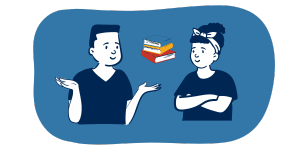
Our digital academic resources will support you with a range of learning skills
Click the icons below to browse resources by category
Getting Started
Set yourself up for success throughout the school year
Researching
Find tips on pursuing and presenting your research
Communicating
Sharpen your reading, writing, and speaking skills
Using Learning Technologies
Learn how to use UVic’s digital tools including Brightspace and Echo360
Studying & Exams
Maximize your study time and understand academic integrity
Your Well-Being
Take care of your body and mind

Participate in free student academic success offerings
The Centre for Academic Communication
one-on-one appointments
online tutoring
workshops
English conversation cafés
writing rooms for graduate students
The Math and Stats Assistance Centre
free drop-in one-on-one tutoring
collaborative study space where you can work on your 100- and 200-level math and stats course
Upcoming workshops offered by the Centre for Academic Communication
Upoming graduate student workshops
Writing About Data | Oct. 16, 2024
How do “results” differ from “findings”? How do we write about data? We’ll discuss these topics, explore a few strategies, and examine some sample texts.
Editing & Proofreading Lab: Publishing Your Prose | Oct. 30, 2024
If you struggle with the final stages of writing, this workshop is for you! We’ll cover some essential strategies for catching errors and tightening up your prose before you submit.
Upcoming undergraduate student workshops
Argumentation 101: Crafting a strong thesis for your research paper | Oct. 23, 2024
Are you writing a research paper and you are asked to make an argument? In this workshop, we’ll break down the basics of argumentation, helping you craft a strong thesis and build a persuasive case.
Exam Prep Strategies | Nov. 20, 2024
Feeling overwhelmed as you think about your finals? This workshop shares how to track your journey over the term, determine “gaps” and priorities, and map out your study plan.
Communicating with conviction
Crafting professional emails to course instructors
Craft emails to your instructors that are clear, concise, thoughtful, and professional. These skills will be useful throughout your studies and beyond!
Present with confidence
Are you gearing up to give a big presentation in a course or at a conference? Feeling worried or unsure? Here you’ll find confidence-boosting tips to help you prepare.
How to talk to your instructor and provide feedback
Feedback is an essential part of the learning experience for both students and instructors. With this in mind, here are a few strategies when contacting your instructor.

